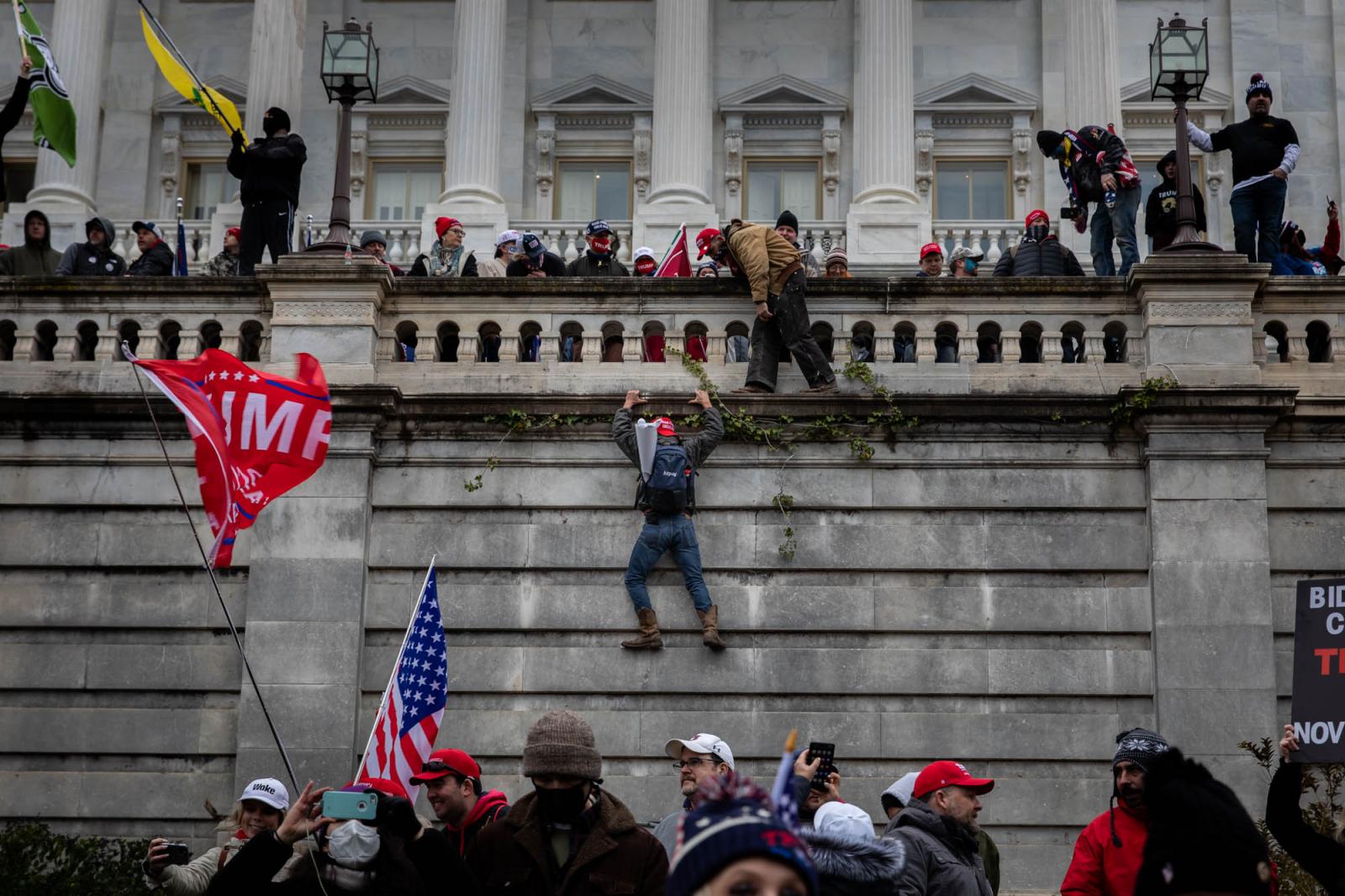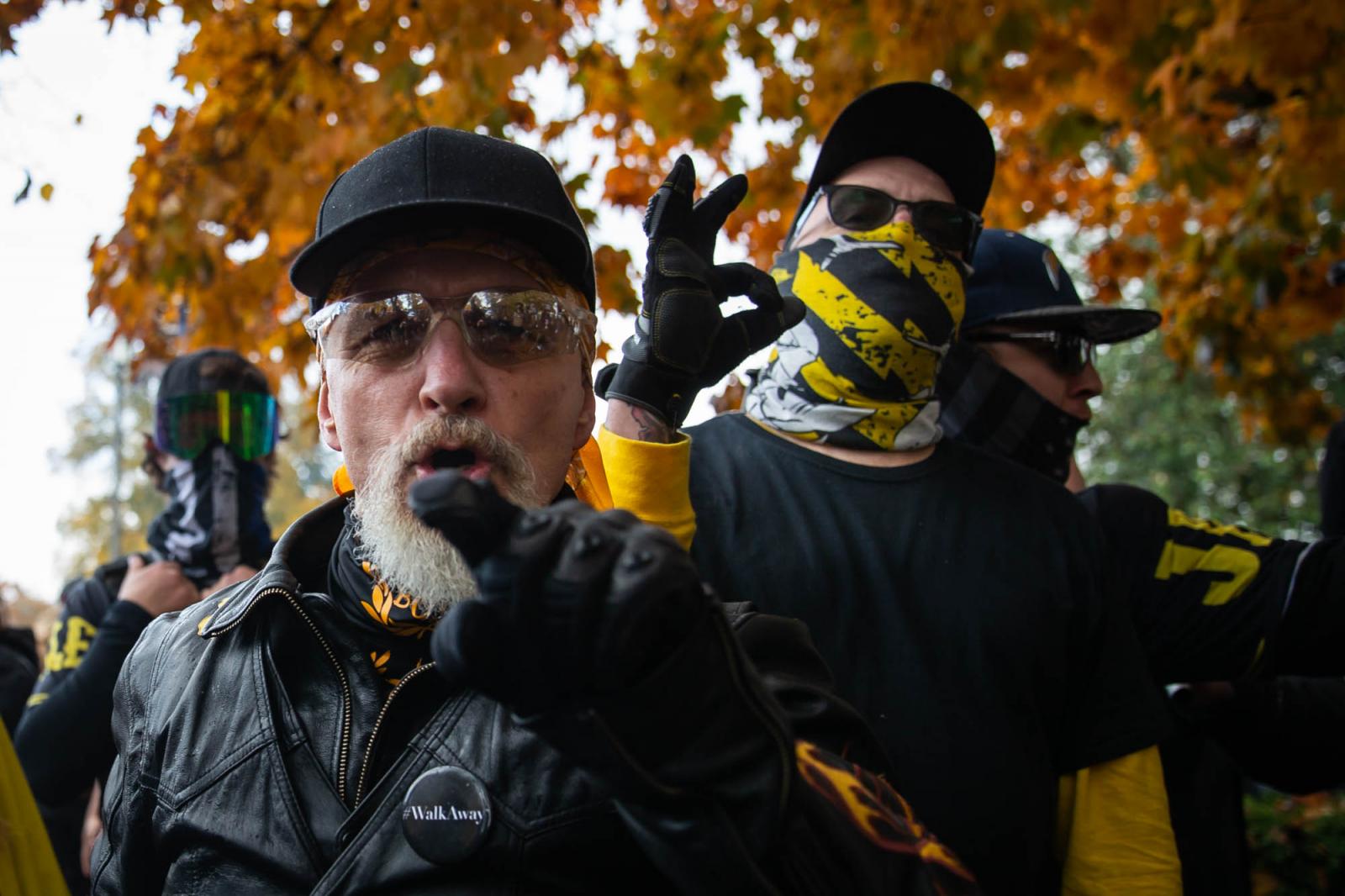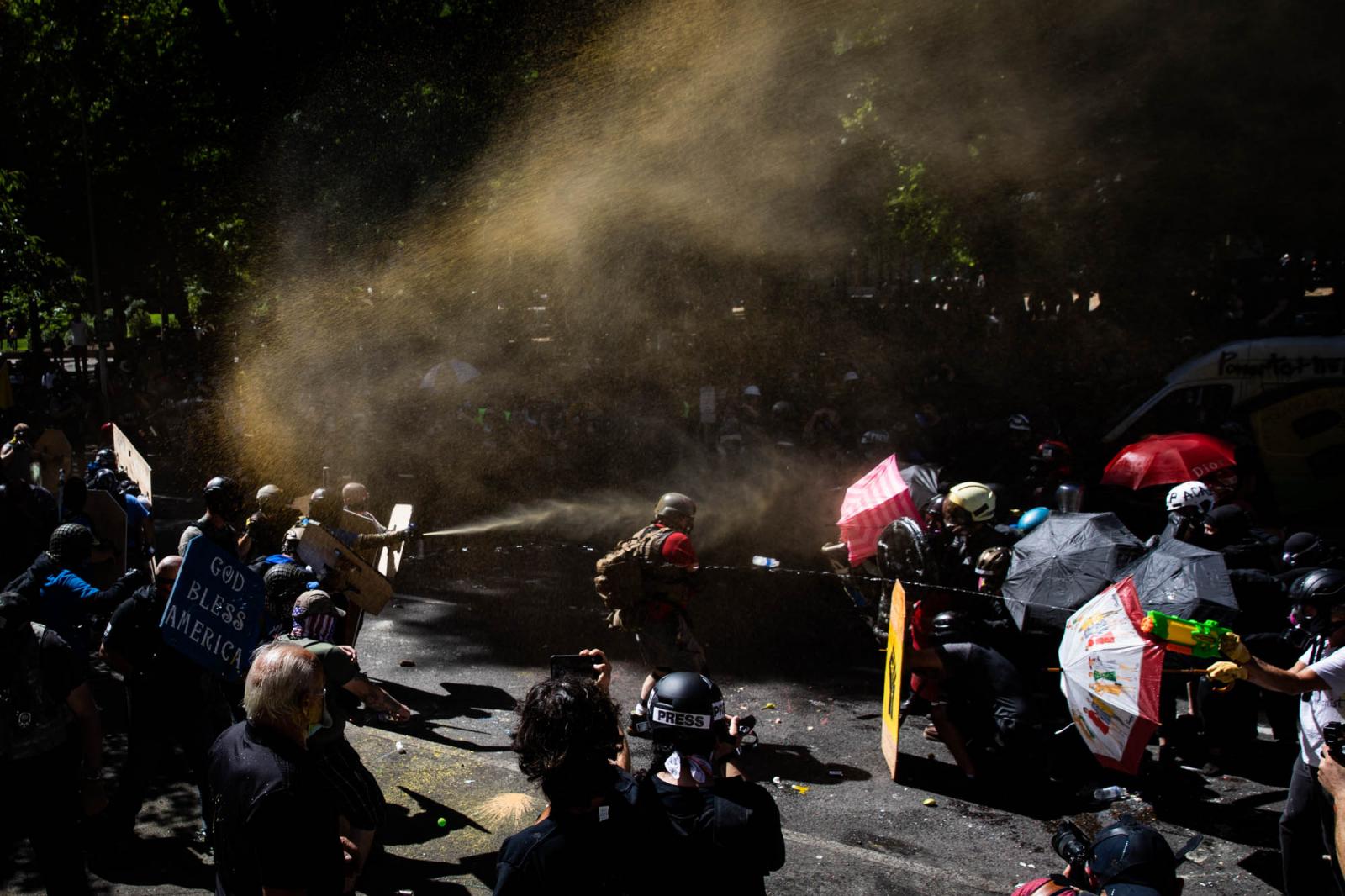Public Project
American Patriot
Steeped in U.S. history, the word is often used as synonymous with all that is [proudly] American.
The dictionary defines [a] patriot as, “someone who vigorously supports their country and is prepared to defend it against enemies or detractors.”
The literal definition is not a point of contention, but its context and utilization–usually political – has transformed since its earliest uses. History shows us that the ideal of patriotism, once used to unite a citizenry, is increasingly a point of deepening fissures.
Weaponized by some for political and personal gain, and similar to the symbolic American flag, the notion of American patriotism has become entangled in and tarnished by the least attractive aspects of our democracy.
On January 6, 2021 “patriot” was invoked to define the motivations and identities of those who breached the U.S. Capitol building. On the ground, the same language was brandished as a call to action and as a rallying cry. You were either with the “patriots” or against them, a tribal identifier exploited by those in power who seek to take advantage of the idea of a love for country. If someone fails to adhere to one’s political beliefs or specific set of values then they don’t love America. With this dictum, there is no room for nuance or dialogue with those who have opposing views.
What better way to control and corral than to tap into one’s sense of loyalty and human need for community and purpose?
By early 2021 the word had for years served as a shield to hide behind and a summons for those intent on defending a most unpatriotic ideology. In just the last decade there has been an upshoot of paramilitary syle “patriot” groups– to more than 1,000 according to the Southern Poverty Law Center.
But even then, history shows us that the perversion of the word is not new but rather itself a part of America’s history.
“Patriot in nativist, nationalistic and hate speech goes back to at least the mid-1800s to the Know Nothing Party, Sam Jackson, an assistant professor at the University at Albany who studies patriotism and violence in far-right groups.
That the word “patriot” is today is divisive, even a pejorative, is a sign of how much our shared civic faith has been denigrated by hyper-partisan politics.
Old words fall into disuse, new words gain a foothold and find their way into the dictionaries. Meanings are refined; sometimes they change entirely.
What is the future of this word? Who will assert themselves to lay claim and what will motivate their doctrine? What America deems “patriotic” behavior is a kind of litmus test. Who and what values we extol as patriotic are a reflection of our own individual and collective values.
What does the word mean to you?
5,802

































